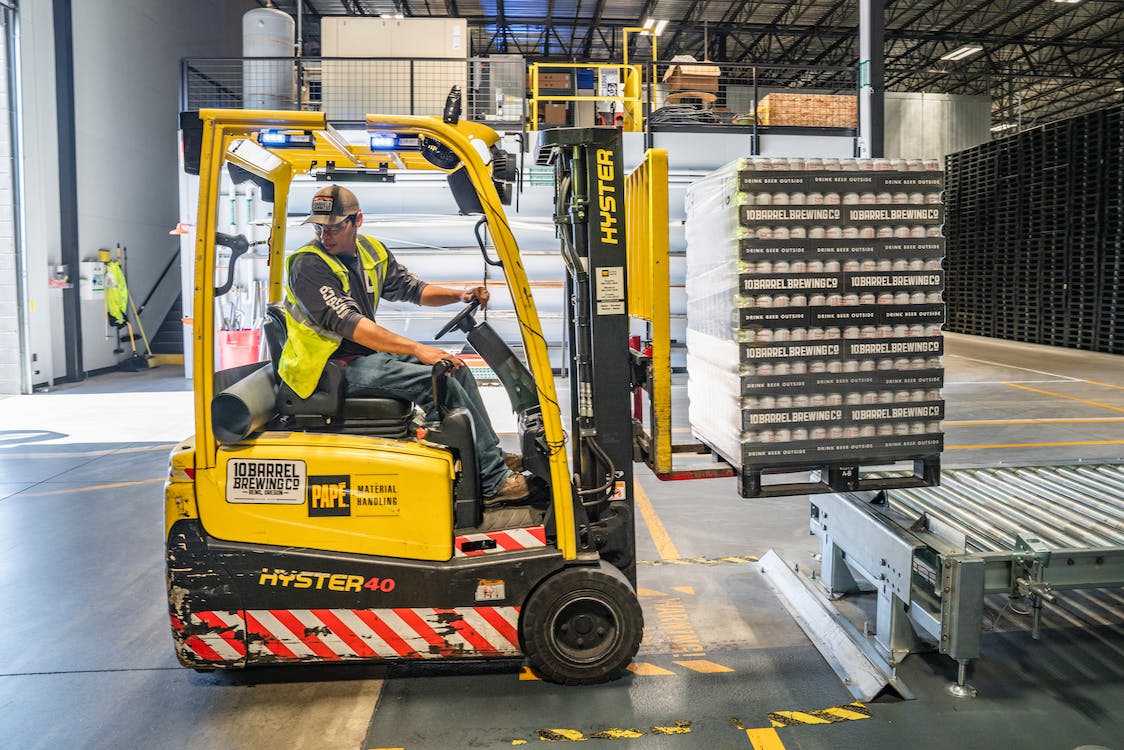In an industrial setting, industrial flooring isn’t just a foundational element but a critical part of the operational infrastructure. The state of a facility’s flooring can impact productivity, safety, and overall work environment. Given this, routine maintenance of industrial flooring is not a luxury but an operational necessity. Let’s delve into the strategies for keeping your industrial flooring in top-notch condition.
Regular Cleaning
First and foremost, a thorough cleaning regimen is paramount. Industrial floors often suffer from the spillage of oils, chemicals, and other substances, which not only makes the floor unsafe but can also erode its material over time. Utilise industrial-grade cleaning agents that are compatible with your flooring material, and make sure that cleaning is carried out at regular intervals. This not only ensures a safer working environment but also prolongs the lifespan of the flooring material.
Inspection and Assessment
Industrial floors need to be inspected on a regular basis to check for signs of wear and tear, cracks, or other forms of damage. The ideal frequency for such inspections will depend on the volume and nature of traffic, as well as the type of materials and equipment being used. Early detection of problems allows for timely remedial action, which can forestall more extensive and costly repairs later on.
Surface Treatment
Depending on the type of industrial flooring, surface treatments like sealing or waxing might be beneficial. These treatments provide a protective layer that can help to resist stains, spills, and abrasion, thus extending the lifespan of the flooring. However, it is crucial to consult a professional to determine which treatments are compatible with your specific flooring type.
Use of Matting
Strategically placed industrial mats can absorb liquids, reduce wear in high-traffic areas, and also provide an added layer of safety. Mats are especially useful near entrances, exits and areas where spillages are most likely to occur. Regular cleaning and maintenance of these mats are also necessary to ensure that they remain effective.
Damage Control
In case of accidental damage, immediate action should be taken to prevent the problem from worsening. For example, if a crack appears, using a suitable filler material can be a temporary measure until a full repair can be undertaken. If an area is particularly vulnerable to damage due to heavy machinery or chemical spills, consider using industrial-grade tiles or coatings that can be individually replaced or repaired.
Professional Maintenance
While routine cleaning and inspections can be carried out by in-house staff, some aspects of floor maintenance are best left to professionals. This includes high-level tasks such as resurfacing, applying specialised coatings, or conducting detailed inspections to assess the structural integrity of the flooring. Contracting a professional service for periodic maintenance can be a wise long-term investment.
